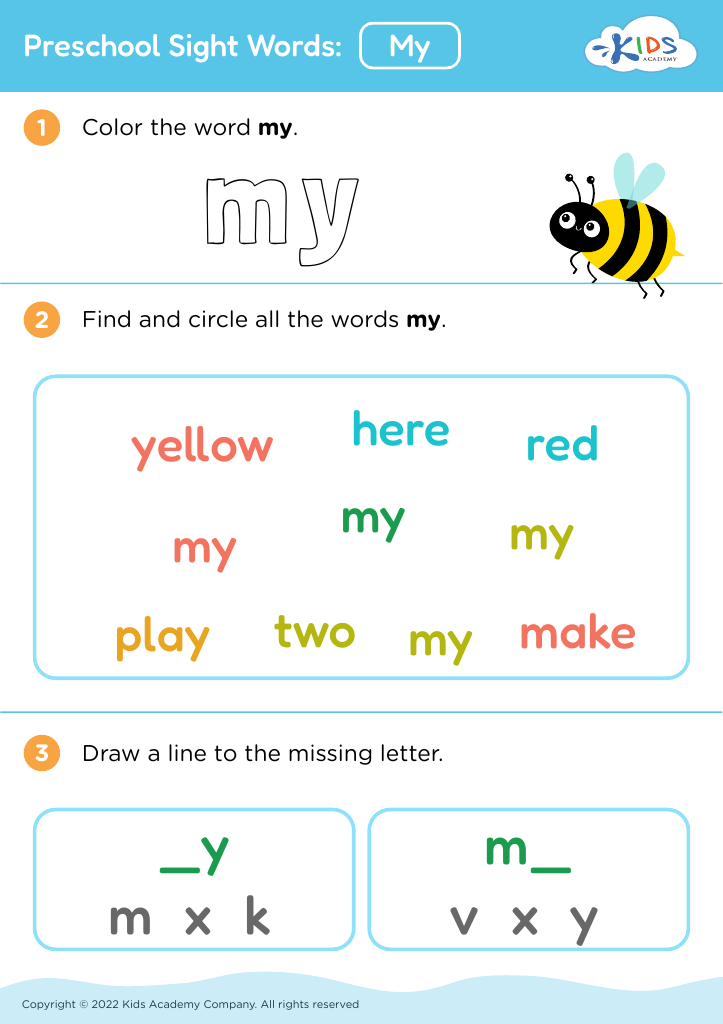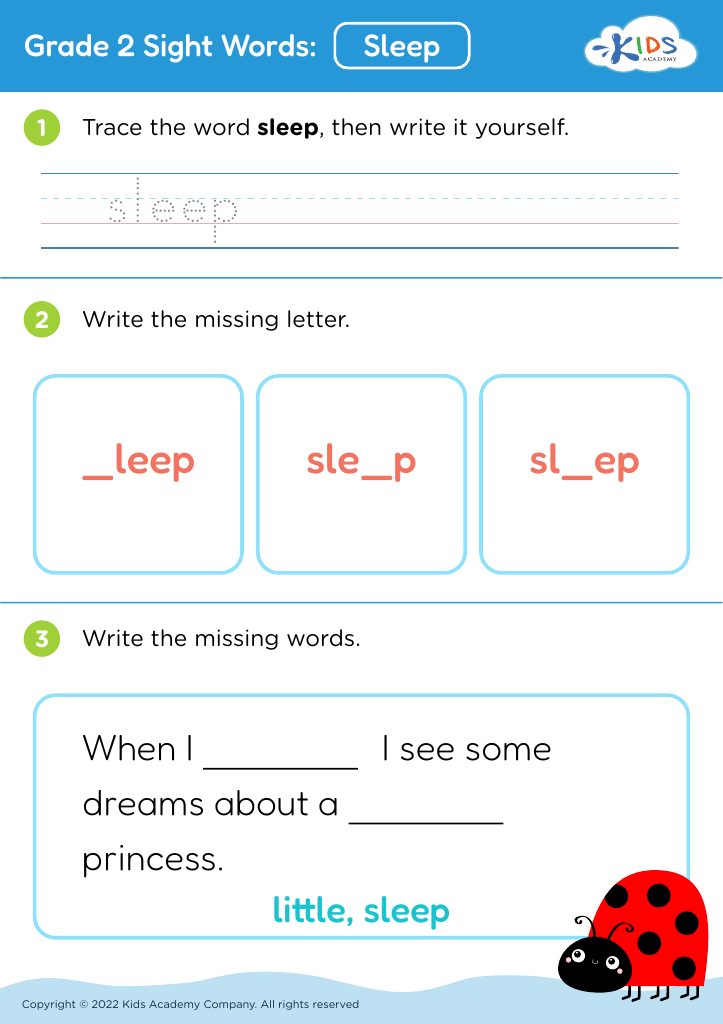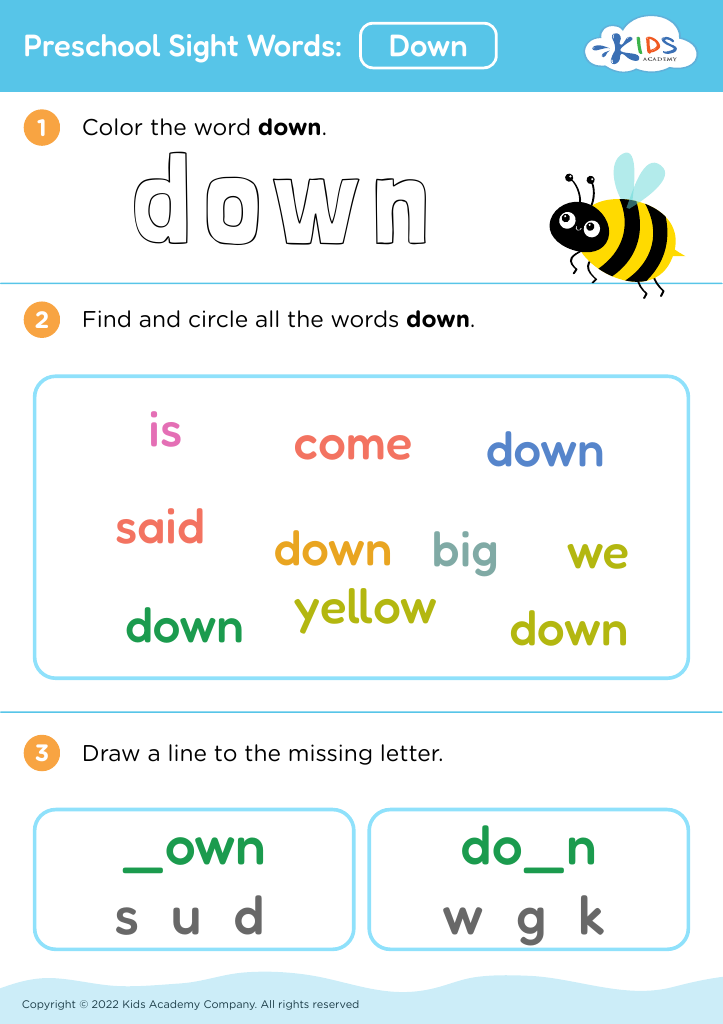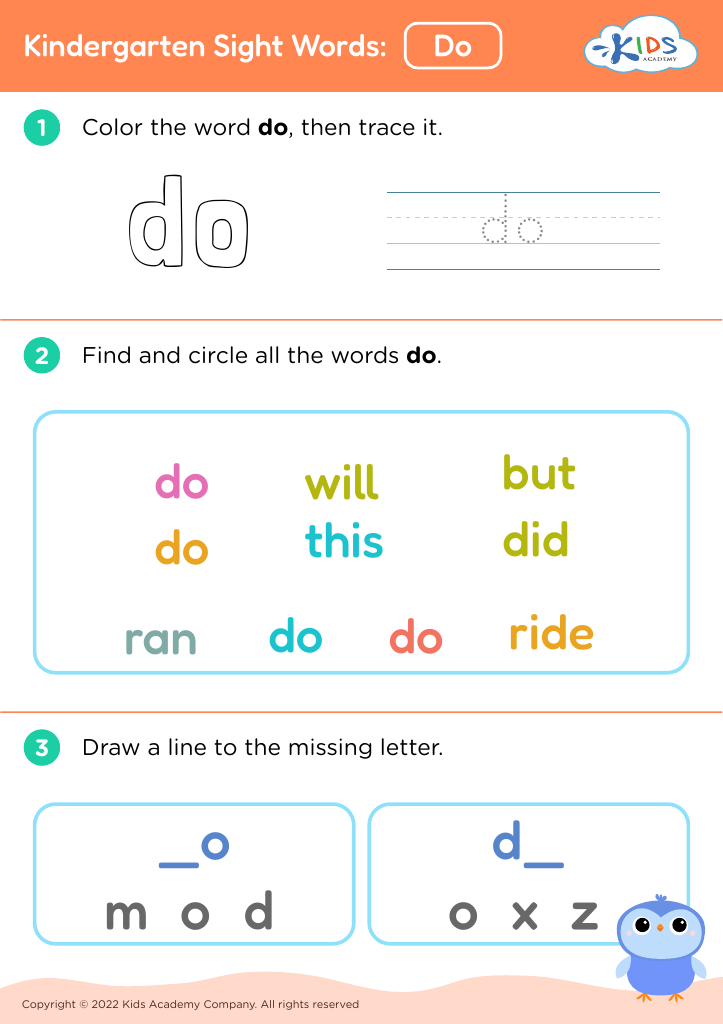Mathematical reasoning Reading Worksheets for Ages 5-9
6 filtered results
-
From - To
Boost your child’s critical thinking and problem-solving skills with our "Mathematical Reasoning Reading Worksheets for Ages 5-9." Perfectly crafted for young learners, these worksheets intertwine math and reading, promoting a deeper understanding of mathematical concepts through engaging stories and scenarios. Each activity is designed to enhance logical reasoning, comprehension, and analytical skills, ensuring a balanced approach to learning. Ideal for both classroom and home use, they support educators and parents in providing interactive and fun ways to grasp complex topics. Empower your child to excel in math and reading while developing essential learning skills that last a lifetime.
Mathematical reasoning is a cornerstone for young learners ages 5-9, with far-reaching implications for their academic and everyday lives. At this critical age, the groundwork for cognitive development is laid, and nurtural experiences become especially relevant. Teachers and parents should prioritize mathematical reasoning because it cultivates problem-solving skills, logical thinking, and the ability to make connections between concepts. These capabilities are essential not only for future math success but also for a broad range of subjects, including science and technology.
Early engagement in mathematical reasoning helps to foster a positive attitude towards math by making it approachable and enjoyable. When children grasp basic math concepts, it boosts their confidence and prepares them for more complex challenges ahead. Further, this form of reasoning enhances overall cognitive abilities, reinforcing neural pathways that assist in concentration, memory, and critical thinking.
Additionally, recognizable patterns and logical sequences embedded in early math activities can deepen a child's understanding of how the world operates, providing real-world context and making learning more relevant. Parents and teachers who actively engage children in mathematical reasoning encourage a resilient, inquiring mindset, setting the stage for lifelong learning and curiosity.
In summary, focusing on mathematical reasoning for children aged 5-9 builds essential cognitive skills, nurtures a positive academic attitude, and lays a strong foundation for future educational milestones.




























